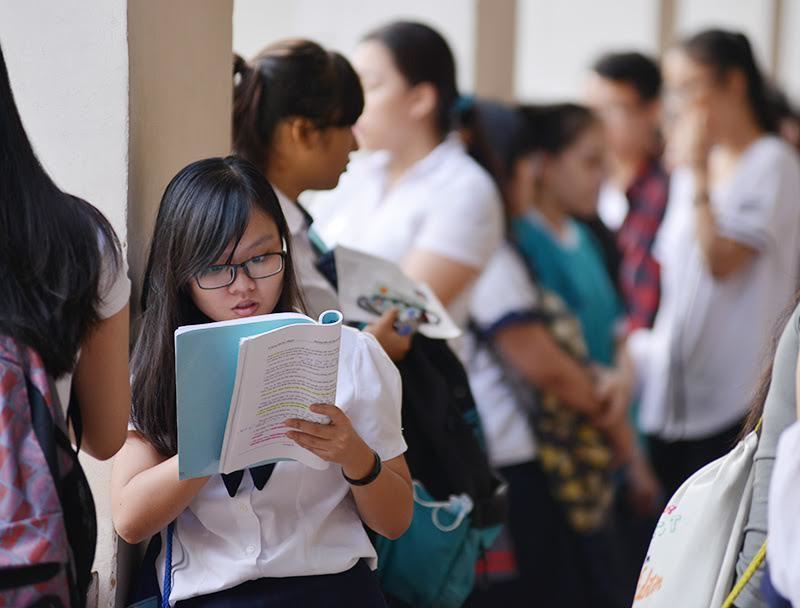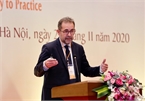Speaking at a workshop on university autonomy held by the National Assembly’s Committee for Culture, Education, Youth, Adolescents and Children, Truong Tuan Linh and Nguyen Phuong Thao, lecturers at Thai Nguyen University, described the contradictions of legal documents on using personnel in public non-business units.

The state wants to transfer autonomy in personnel to universities, but requires universities to recruit civil servants only. But the number of civil servants is not high enough to implement the tasks at universities.
According to the lecturers, in the past when legal provisions were not really clear, universities had to use both recruitment forms – recruitment of civil servants and recruitment of workers under labor contracts. As such, both laws, including the Law on Public Employees and Labor Code, were applied at the same time.
Universities applied the Law on Public Employees in their operations, but when labor disputes occurred, they would be required to follow the Labor Code, though the provisions of the two laws were not the same.
Most universities use a personnel classification scale and salary coefficient designed for civil servants to apply to their workers, but it is not necessary. They also have to set salaries for workers based on provisions of the Labor Code and refer to regional minimum wages to determine salaries.
According to Phan Thi Lan Huong and Nguyen Thi Thanh Tu from Hanoi Law University, the pay in accordance with jobs and positions creates challenges for higher education establishments that do not enjoy autonomy for regular expenses and investments.
Citing Decree 99, which says that personnel recruitment must not lead to an increase in number of workers receiving salaries from the state budget, the two lecturers pointed out that the regulation doesn’t ensure the self-determination of state-owned universities.
If universities want to open more majors and joint training programs, but do not enjoy autonomy in financing, they do not have the right to increase personnel.
The number of permanent lecturers is the basis to determine the enrollment quota. If higher education establishments want to increase enrollment, they have to increase the number of permanent lecturers.
The regulation once again shows the problem in the policies on autonomy.
Do Van Dung, rector of the HCM City University of Technology and Education, said that since autonomous universities still have to observe the Law on Public Employees, they do not have the right to dismiss lecturers who work ineffectively.
Le Huyen

Autonomy in higher education in Vietnam facing challenges
Autonomy in higher education in Vietnam is facing challenges, particularly accountability and finances, according to Deputy Minister of Education and Training Hoang Minh Son.

Enjoying financial autonomy, medical schools raise tuition
Experts affirmed that with low costs, medical schools will not be able to produce high-quality doctors.